You’ve likely heard of the reverse mortgage. In its essence, a reverse mortgage is a traditional mortgage in reverse. That is, a lender pays the homeowner mortgage payments or gives them a lump sum, and in return, receives a portion of the owner’s home equity which is equivalent to the balance of the reverse mortgage. Many people shun reverse mortgages because it is antithetical to the American dream. We understand this perspective. Giving away one’s vaunted home-equity that one has acquired over lifetime of hard work is sure to be frowned upon.
However, consider the following very simple scenario highlighting the proper use of a reverse mortgage before casting your final judgment.
An elderly homeowner could use a bit of extra free cash flow to help with in-home care and general expenses. They open up a reverse mortgage, and it pays them $3,000 a month, or $36,000 a year. At the end of 10 years, the elderly homeowner passes away, leaving behind a $1 million house, $450,000 in reverse mortgage debt, of which about $150,000 is accrued interest. The executor of the estate sells the house fairly quickly, netting out slightly less than $500,000 that can be inherited by the estate’s beneficiary(ies). Because of the current estate tax rules regarding the step-up in cost basis for inherited property, the heirs of the elderly person’s estate do not have to pay any capital gains tax on the appreciation of the home. This is one reason why we try to dissuade elderly people from selling their homes if at all possible before passing away. If the home is sold shortly after death, beneficiaries of the estate actually get to take the equivalent of a capital loss on the house if it is sold soon after the date of death. This loss is generated by the selling costs of the house. In addition, the mortgage interest that accrued on the reverse mortgage is deductible as an itemized deduction on the heir’s tax returns for that year.
So, as you may see, using a reverse mortgage can have fairly significant benefits to the heirs of an estate. Strictly speaking, even if a reverse mortgage is not needed, sometimes it may be a good idea to take one out anyways if the elderly person could use a little bit of extra cash flow to relieve stress of increased costs surrounding care needs and other expenditures. A reverse mortgage, if carefully planned and managed, can also provide emotional benefits such as being able to gift funds for college planning, down payments, or other meaningful financial bequests and a very low cost to the homeowner.
We realize that this can be quite confusing for most, but we assure you these strategies do work, and work quite well for preserving large amounts of wealth for families. Please feel free to contact us for further guidance before implementing the strategies.



